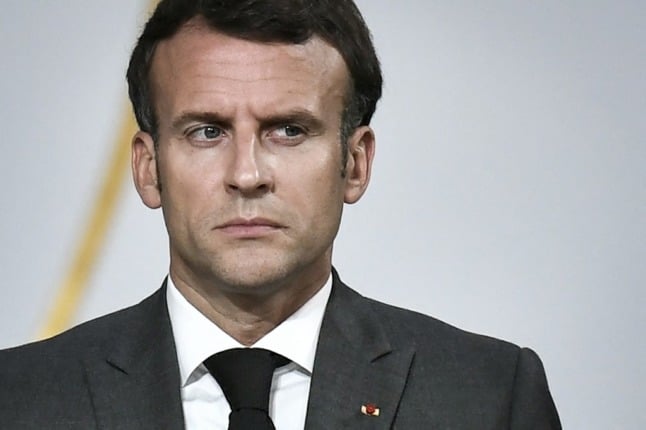The president’s Elysée Palace confirmed on Friday the TV address, which is scheduled for 8pm on Monday, July 12th.
It is reported that Macron will not only focus on the health crisis but will also touch on other topics.
However the announcement has raised fears of a reintroduction of some health restrictions as Covid cases begin to rise again and health minister Olivier Véran warned that over the weekend it is expected the delta variant will become the dominant strain of the virus in France.
Epidémie de Covid-19 : Emmanuel Macron s'adressera aux Français lundi à 20 heureshttps://t.co/ksPovebVDZ pic.twitter.com/HUPpfshasx
— franceinfo (@franceinfo) July 9, 2021
Macron’s previous live TV appearances over the last 18 months have mostly heralded the arrival of new restrictions, although on April 29th he did a group interview with French regional newspapers to announce the four-step plan for lifting France’s lockdown.
The great majority of health restrictions in France have now been lifted, although masks remain compulsory in all indoor public spaces and some outdoor areas.
READ ALSO Where do I have to wear a mask in France
But fears over the more transmissible delta variant of Covid have lead some local authorities to delay lifting restrictions, while authorities in towns including Nice have reintroduced the mask-wearing rule in the street.
Covid cases in France remain at their lowest level for a year, with around 2,000 new cases per day, but there is concern over the rapid growth of cases across the Channel in the UK, and in other European countries including Portugal and Spain.
Le taux d'incidence en France, tous âges confondus, augmente pour le dixième jour consécutif (+52% en une semaine). #Covid19
1/3 pic.twitter.com/IRkfaCQ89r— Nicolas Berrod (@nicolasberrod) July 9, 2021
Europe minister Clément Beaune earlier in the week told French people to ‘avoid Spain and Portugal’ when booking holidays.
An extra meeting of France’s Defence Council, which decides on health restrictions, is scheduled for Monday morning.



 Please whitelist us to continue reading.
Please whitelist us to continue reading.
Member comments